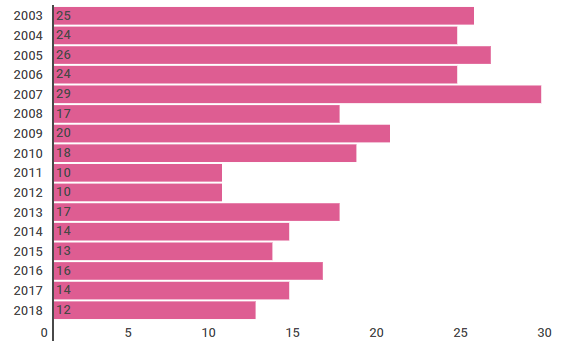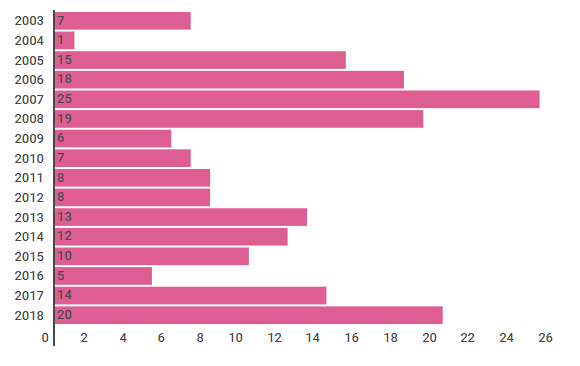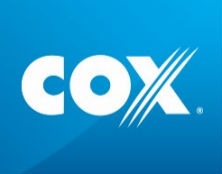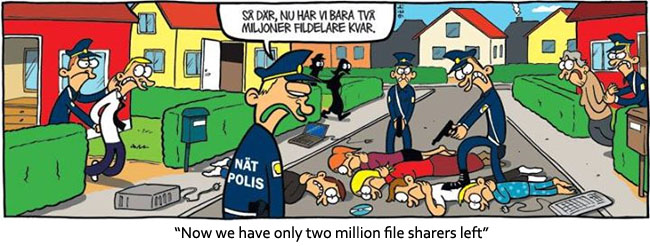
This can be quite frustrating for users, including software developer TechTac, who came up with a simple but effective solution: OfflineBay.
Simply put, OfflineBay is a multi-platform application that people can install on their local computer. As the same suggests, it helps users to store a copy of all Pirate Bay torrents locally, in case the site does down.
The idea for the tool started a few weeks ago when TechTac realized that he had quite a bit of his monthly bandwidth quota left. However, as The Pirate Bay and other sites were down, he was unable to download anything through the usual channels.
“All of that remaining quota went to waste. Only if I had a tool like OfflineBay at that moment. So I thought ‘Never again’ and ended up developing this tool,” TechTac tells TorrentFreak.
The end result is an application that allows users to search and download Pirate Bay torrents, without having to use the website. Instead, the application searches through the publicly available TPB dump file, which users have to download first.
This means that only those torrents that were available at the time of the latest dump file update will be in the local database as a backup, in case TPB and other major torrent indexes go down.
OfflineBay
[youtube https://www.youtube.com/watch?v=I95l6pKvV1Q?rel=0&showinfo=0&w=560&h=315]
“OfflineBay is designed to discover torrents when online torrent search providers are not available. Torrents will be available up to the time the last dump file was created,” TechTac says.
The developer realizes that downloading and updating the dump file, which is just under 100 MB in size, is a major drawback. While he considered automating the process, there’s not really an elegant way to implement that at the moment.
This may change in the future though. TechTac will continue to develop the software. While it’s closed source at the moment, open sourcing the code is under consideration for the future.
One of the most interesting plans is to use a blockchain for this project. This would mean that the torrent database is stored and shared among users, without the need to import a dump file.
“I’m planning to move this project to the blockchain so it won’t be depending on the dump file anymore. This is the ultimate goal,” TechTac tells us.
These types of changes require a lot of time though, and that’s proven to be a bottleneck. TechTac is doing all the work on his own right now but he hopes that other developers will join the project.
“Currently, I’m the only one developing this tool. I can’t handle this on my own anymore. Waiting for more developers to get in contact. There’s a lot to discuss,” he says.
The official OfflineBay announcement and related information are available in the Pirate Bay forums over at Suprbay, where it was posted with permission of the Pirate Bay crew.
Source: TF, for the latest info on copyright, file-sharing, torrent sites and more. We also have VPN discounts, offers and coupons


 The Oscars are the most watched awards show of the year, closely followed by hundreds of millions of movie fans around the world.
The Oscars are the most watched awards show of the year, closely followed by hundreds of millions of movie fans around the world.

 Last year, American satellite and broadcast provider Dish Network targeted two well-known players in the third-party Kodi add-on ecosystem.
Last year, American satellite and broadcast provider Dish Network targeted two well-known players in the third-party Kodi add-on ecosystem. The Pirate Bay has been hard to reach for roughly a day now.
The Pirate Bay has been hard to reach for roughly a day now.

 In a few weeks, the Office of the United States Trade Representative (USTR) will publish its yearly Special 301 Report, highlighting countries that fail to live up to U.S copyright protection standards.
In a few weeks, the Office of the United States Trade Representative (USTR) will publish its yearly Special 301 Report, highlighting countries that fail to live up to U.S copyright protection standards.  Technically speaking it’s not hard to rip a DVD or Blu-ray disc nowadays, and the same is true for ripping content from Netflix or YouTube.
Technically speaking it’s not hard to rip a DVD or Blu-ray disc nowadays, and the same is true for ripping content from Netflix or YouTube.  Earlier this month, the Court of Appeals for the Fourth Circuit
Earlier this month, the Court of Appeals for the Fourth Circuit 
